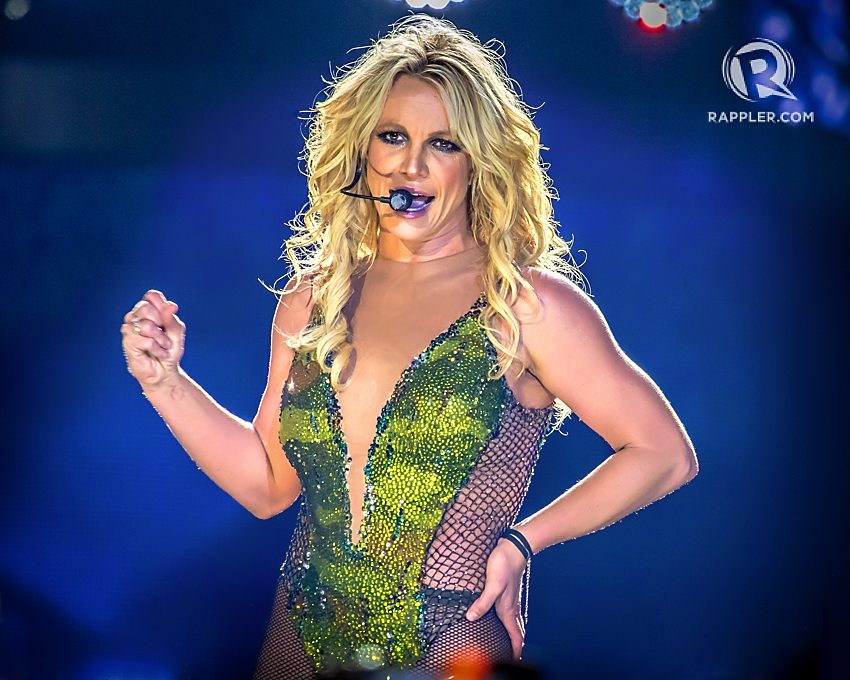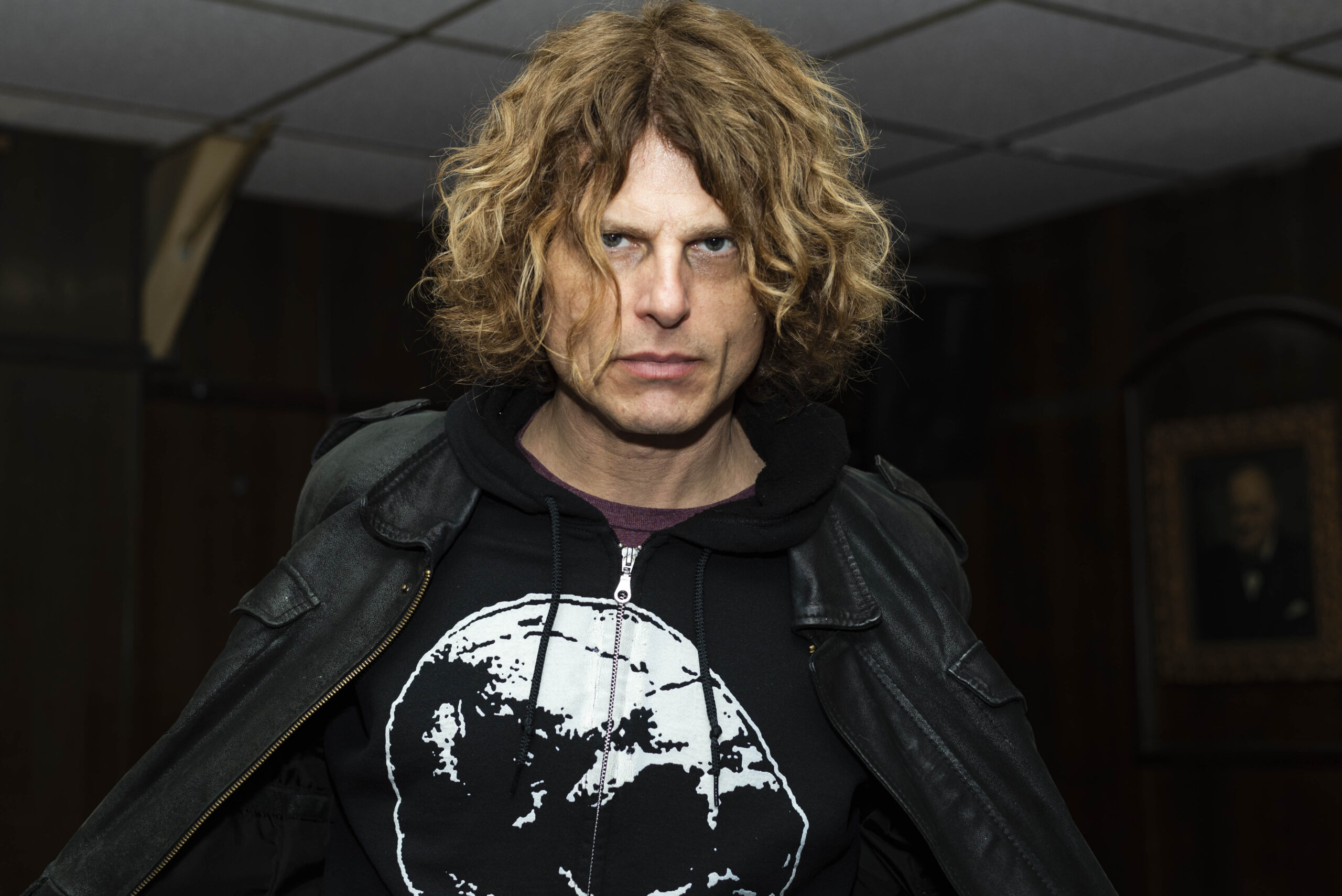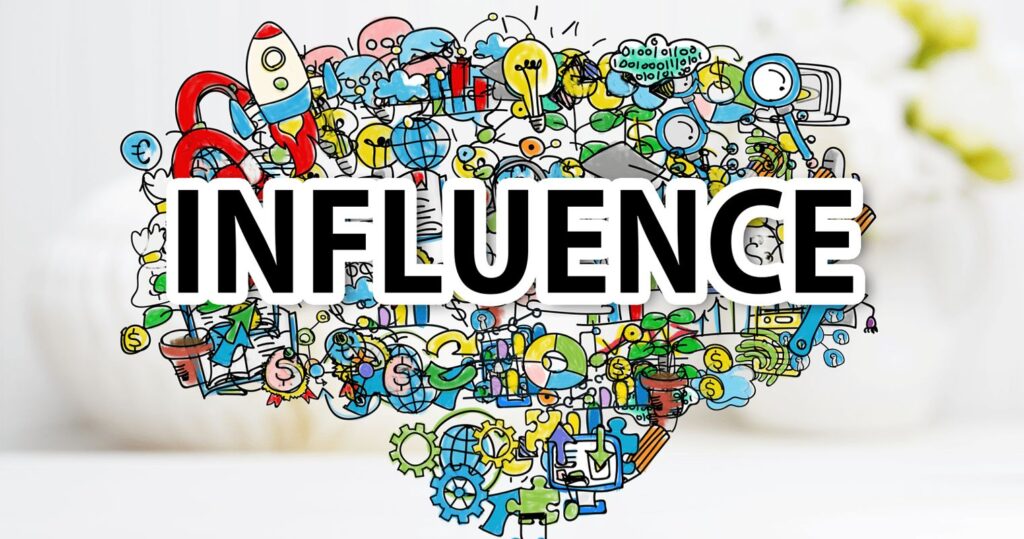
Hey there, fellow internet explorer! Ever scroll through your feed and wonder about the ‘real’ story behind those gleaming celebrity smiles? It’s incredibly easy to get caught up in the glamour and sparkle that surrounds famous faces, isn’t it? We see the red carpets, the awards, the adoration, and it’s almost like they live in a different, perfect world. But what if we told you that behind all that glitz, there’s often a far more complex and intriguing story to discover?
We’re about to embark on an exciting journey, shedding light on the real lives of some of the world’s most renowned celebrities. We’ll uncover the untold truths and personal struggles that lie behind the curtain of stardom. But hold on, because the idea of an ‘idol’ isn’t just about the people we admire; it’s also about the sneaky, everyday obsessions that silently steal our hearts and attention, becoming ‘ultimate things’ in our lives.
From the definition of an idol as ‘an object of extreme devotion’ to ‘a person, especially a famous celebrity, whom someone treats with extreme admiration and devotion,’ the concept is surprisingly broad and deeply relevant today. Get ready to unmask not only the hidden challenges faced by those we celebrate but also the modern-day fixations that can quietly take hold in our own lives, promising satisfaction that only truly comes from a deeper source. It’s time to look beyond the surface and gain a deeper understanding of what truly captures our devotion.

1. Audrey Hepburn: The Graceful Icon’s Quiet Battles
Audrey Hepburn’s journey is one for the history books, a testament to incredible resilience and perseverance. Imagine growing up in Nazi-occupied Holland during World War II, facing hardship and hunger, yet never losing your spirit or kindness. That was Audrey, a true survivor who emerged from such profound adversity.
Her rise to Hollywood fame was swift and iconic, captivating audiences in films like “Roman Holiday” and “Breakfast at Tiffany’s.” She became a symbol of elegance and grace, an aspirational figure for millions. Her public image was one of poise and charm, seemingly untouched by the world’s harshness.
However, behind that glamorous facade, Hepburn struggled with profound personal demons. She navigated a tumultuous love life, experiencing heartbreak and complicated relationships. The context explicitly states she battled with eating disorders, a deeply personal and often hidden struggle, especially for someone so constantly in the public eye.
Despite these immense challenges, she didn’t just bask in her fame. She used her powerful platform to advocate for humanitarian causes, becoming a UNICEF ambassador. Hepburn left a lasting legacy of compassion and grace, reminding us that even the most celebrated figures carry unseen burdens while simultaneously inspiring profound positive change.

2. Britney Spears: The Pop Princess’s Fight for Freedom
Britney Spears burst onto the music scene in the late 1990s, instantly becoming a teen pop sensation. With her catchy tunes and electrifying performances, she captured the hearts of a generation. She embodied pop culture, a seemingly unstoppable force of musical talent and youthful energy.
Yet, beneath the glittering surface, she was grappling with the immense pressures of fame and the relentless demands of the entertainment industry. As her career soared, her personal life became a spectacle, intensely scrutinized by the media and the public alike. She navigated a highly publicized tumultuous relationship with Justin Timberlake and faced significant struggles with her mental health.
Through it all, despite the overwhelming challenges and relentless media attention, Spears continued to produce hit music and perform for her fans around the world. Her resilience was evident as she pushed through personal crises to deliver for her audience, showcasing an undeniable professional commitment even in the face of profound personal difficulty.
In recent years, Spears has been embroiled in a legal battle over her conservatorship, a situation that has raised critical questions about the control and autonomy she has over her own life and career. Her fight for freedom and her powerful voice speaking out against the injustices she has faced have highlighted the very real, often hidden, struggles that even global superstars can endure.

3. Robin Williams: The King of Comedy’s Silent Pain
Robin Williams was beloved by fans around the world, known for his quick wit, unparalleled comedic genius, and ability to bring joy to millions. His performances were legendary, from the heartwarming teacher in “Dead Poets Society” to the unforgettable nanny in “Mrs. Doubtfire.” He truly was a master of his craft.
However, behind the laughter and thunderous applause, Williams struggled with demons of his own, a stark contrast to his vibrant public persona. Throughout his illustrious career, he battled addiction and mental health issues, often using his humor as a coping mechanism to mask his profound pain. It was an unseen battle fought away from the spotlight.
Despite achieving immense success in Hollywood, starring in films like “Good Will Hunting” and “Mrs. Doubtfire,” Williams faced personal challenges that ultimately led to his tragic death by suicide in 2014. His passing sent shockwaves around the globe, prompting a crucial global conversation about mental health.
His story powerfully shed light on the importance of mental health awareness and the urgent need for support for those struggling with addiction and depression. Williams’ legacy lives on not only through his iconic performances but also through the profound impact he had on countless individuals who found solace and understanding in his laughter, often unknowingly sharing in his hidden struggles.

4. Identity: When Who We Are Becomes Our Ultimate Pursuit
Our identity might just be one of the biggest idols worshipped today, subtly yet powerfully. Many of us have largely abandoned securing our sense of self in deeper truths and instead, have placed our identity in external things. Think about it: is your self-worth tied to your social media following, your position at work, your abilities and skills, or the achievements you’re constantly chasing?
It’s clear to see this subtle form of idolatry in action. Simply questioning where someone has placed their identity can often be met with spirited pushback. This defensiveness highlights just how deeply entrenched our identities can become in these external constructs, making them incredibly difficult to challenge or re-evaluate.
The reality is, when our identities are rooted in our work, our looks, or anything else transient, we will constantly feel like we don’t measure up. These external markers become harsh masters, setting impossible standards and perpetuating a cycle of striving and dissatisfaction. They can never truly provide the ultimate fulfillment we seek.
However, when our identity is secured in a more steadfast foundation, we can live in true freedom. While we will undoubtedly still fall short, a foundational sense of self means that our worth isn’t dependent on fleeting successes or external validation. This empowers us to see beyond the superficial and find genuine contentment.
Read more about: Unlocking the ‘Garage’ of Genius: Exploring the Rare Classics and Unique Talents of Icons Named Jay

5. Money/Material Things: The Golden Calf of Modern Culture
Western culture has undoubtedly bowed to money and possessions for generations, making them a pervasive idol. The relentless pursuit of money and the acquisition of material things have become a guiding force for many, shaping decisions and aspirations across society. It’s a deep-seated idol, deeply integrated into our daily lives.
And here’s the kicker: you don’t even have to be rich for money to be your idol. The problem isn’t solely about what you *have*; it’s profoundly about what you *long for*. For the wealthy, the struggling, and everyone in between, the desire for money can become an idol that quickly entraps us, regardless of our current financial status.
It’s important to hear this clearly: money itself is not inherently bad. The context reminds us, “Money is a tool. And like any tool, you have to use it correctly; otherwise, it can cause much damage.” The issue isn’t the currency, but how we use and view it, and the ultimate value we assign to it.
Money becomes a significant problem when we place our hope and our trust in it instead of trusting in a higher power or deeper values. Many people place their hopes and dreams in money, trusting it to provide for them, care for them, and protect them. The fundamental problem, however, is that money, being merely a tool, ultimately cannot live up to those profound expectations we try to get from it.

6. Jobs/Status: Our Professions as Our Ultimate Worth
Jobs used to be primarily a means to an end, a way to provide for oneself and one’s family. For most people, it was simply what you did to earn a living. But something has shifted dramatically in modern society. Now, what you do has increasingly become synonymous with who you are. This elevation of profession has profound implications.
Consider this: job dissatisfaction is currently at an all-time high. Could it be, as the context suggests, because we’ve elevated what we do to become who we are? When our entire identity and self-worth become inextricably linked to our professional achievements and titles, any perceived failure or lack of progression can feel like a personal catastrophe.
Now, I’m certainly not saying you shouldn’t strive to find a job you enjoy, one that perfectly fits your skills and passions. Nor am I suggesting we should passively put up with bad working conditions or unfair treatment. What I am simply pointing out is that perhaps part of the underlying problem is that we’ve unknowingly made our jobs into an idol.
Indeed, much of the idol worship today subtly centers around the jobs we do and the positions we hold within our companies and society. This includes the perceived status derived from our career, the titles we earn, and the professional accolades we accumulate. These become the ultimate measures of success and personal value, often overshadowing other, more meaningful aspects of our lives and creating a hollow pursuit.

7. Physical Appearance: The Beauty Standard as a Demanding God
You don’t have to look very far in today’s world to see an advertisement that promises to “fix” our physical appearance. Everywhere we turn, we’re bombarded with messages designed to make us look better, younger, or even like our favorite celebrity. These advertisements are pervasive, promising transformations that often feel essential to our self-worth.
Why are these campaigns so incredibly common and effective? Because they work. The truth is, many of us, consciously or unconsciously, worship our physical appearance. We spend countless hours at the gym, invest thousands of dollars on products and procedures, and constantly find ourselves preoccupied with what others might be thinking about how we look. It’s a relentless, self-imposed quest for perfection.
Of course, let’s be clear: not all of this is inherently bad. Going to the gym for health, practicing good hygiene, and taking care of your hair are all positive things. These actions can contribute to well-being and confidence. However, we ought to be extremely careful not to let these good things become ultimate things, consuming our thoughts and resources entirely.
The world around us is constantly screaming at us that we *need* this particular product, that perfect body, or that flawless look. We have to consciously remind ourselves of what is truly valuable and enduring. The pursuit of an unattainable ideal of physical perfection can become a demanding idol, leading to constant comparison, anxiety, and a never-ending cycle of dissatisfaction, truly embodying a hidden form of idolatry.

8. Entertainment: The Obsession with Distraction
Hey, fellow internet traveler, let’s get real about one of our favorite pastimes: entertainment! From diving into a new Netflix series for hours on end to endlessly scrolling through TikTok, catching up on podcasts, or planning epic vacations, we are absolutely obsessed with being entertained. It’s everywhere you look, permeating almost every aspect of our daily lives, and for many, it’s become an inescapable gravitational pull.
Now, while a good laugh or a captivating story can certainly be a wonderful thing, the context points out that our ‘love’ for entertainment can quickly morph into an ‘obsession’. When our lives become primarily about the relentless ‘search for entertainment and chase of the best experiences we can find,’ that’s when it subtly, or not so subtly, becomes an idol. It starts to take precedence, becoming ‘more important than God’ or any deeper values we might hold.
It’s crucial to understand that there’s nothing inherently wrong with entertainment itself; in fact, the context even suggests it ‘is good and a gift from God’. The real issue, however, arises when ‘we worship the giver not the gift’. We’re encouraged to enjoy our favorite things, yes, but always ‘in moderation’. When the scales tip and constant stimulation becomes our ultimate pursuit, we inadvertently allow it to steer our hearts and dictate our priorities, often at the expense of genuine connection or purpose.

9. Sex: A Natural Gift Transformed into a Modern God
Alright, let’s dive into another powerful topic that the context suggests might even dominate our thoughts more than money: sex. It’s absolutely ‘everywhere in our culture’, isn’t it? From media to advertising, it’s hard to escape. What’s truly striking is how we, as a society, have taken ‘a gift from God and made it into the god of our lives’. For a significant number of people, their lives are, quite literally, ‘controlled by sex’.
It’s a topic so deeply ingrained that even ‘to even question the sexual ethic in our society will bring outrage and defensiveness’. This intense reaction alone ‘showing how tied to our idol we actually are’. Our ‘sexual identity, sexual practices, and sex-filled lives are sacred to us’, almost untouchable, revealing just how much devotion we’ve poured into this area. It’s become an ‘ultimate thing’ that we guard with fierce passion.
The context also offers an interesting perspective on how we might have arrived here, hinting that ‘the church has some blame for this’. Historically, instead of portraying sex as a ‘good gift from God’, there’s been a tendency to heap ‘guilt and shame’ upon it. This, arguably, could be ‘one of the factors that brought the over-exaggeration of sex’, with culture swinging the pendulum dramatically in the opposite direction. Regardless of the historical journey, the plain truth remains: ‘sex is a modern day idol’.

10. Comfort: The Sedation of Ease and the Avoidance of Purpose
Let’s face it, who doesn’t love comfort? Our modern world is practically built on it, with an ‘endless list of products promising to simplify and add comfort to your life’. We’ve engineered our existence to be ‘much easier and much more comfortable than at any other time in history’. Think about it: tasks that once demanded an entire day can now be whizzed through in minutes, and countless menial chores have become entirely automated. It’s a marvel of convenience, right?
While these advancements certainly offer ‘a good thing’, the core question the context poses is whether ‘our pursuit in life should not be comfort alone’. Interestingly, it juxtaposes this with ‘the call that Jesus gives his followers’, which is described as ‘a life of calling, not primarily of comfort’. This path, it warns, promises that followers ‘will face trials, persecution, and difficulty’ – quite a contrast to the plush, easy life we often crave.
So, while comfort isn’t inherently ‘bad’, it undeniably ‘can become damaging when it becomes the main pursuit in life’. When our ultimate goal is to avoid any kind of discomfort or challenge, we set ourselves up for a real struggle. The context makes this clear: ‘When comfort is an idol, we will struggle when God calls us to something difficult’. It subtly deters us from growth and purpose, making us hesitate to step out of our easy bubbles, and quietly stunts our potential for deeper meaning.

11. Phones/Technology: Our Digital Overlords and the Ultimate Thing
Okay, let’s talk about something that’s probably within arm’s reach for most of us right now: our phones and technology. The context highlights that ‘Smartphone addiction is increasingly becoming a worrying trend’, and honestly, it’s hard to disagree. While it’s particularly prevalent among ‘Gen Z and Millennial generations’, it’s certainly ‘not confined to them’. For countless individuals, the idea of living ‘without their phones (or online presence)’ is simply unimaginable, like a part of their very being is missing.
Just think about your own habits for a moment. How often do you find yourself reaching for your phone if you’re even sitting still for ‘a few minutes’? The context dares us to ‘Go into your phone settings on “Screen Time.” You can see how many hours a day you spend looking at your phone and how many times you pick it up.’ It’s a stark, almost ‘shocking’ revelation for many, isn’t it? It makes you really pause and wonder about the sheer dominance these devices hold over our attention.
The heart of this widespread issue, however, ‘isn’t our phones or social media or any form of technology’ themselves. No, the problem lies squarely in ‘the value we place on it’. When ‘our lives revolve around how many likes we get, what our following looks like, or if we can’t sit in silence for 5 minutes without refreshing our newsfeed’, that’s when we’ve crossed a crucial line. We’ve unknowingly, perhaps, created a ‘modern day idol’ right there in our pockets.
Ultimately, the context provides a powerful reminder that ‘Anything that takes the place of God in our life, anything that becomes more important than Him, is an idol’. Our phones and the digital worlds they unlock often absorb our ‘heart and imagination more’ than almost anything else, subtly demanding our devotion and promising a fleeting sense of connection or validation that truly comes from a much deeper, more authentic place.
12. Family/Children: Cherishing Blessings, Not Worshipping the Gifts
Now, this next one is a delicate topic, and I’m with the original author on this hesitation. The context explicitly states, ‘I was hesitant to include this one because I knew it could easily be taken the wrong way’. Let’s be absolutely clear from the outset: ‘your spouse and children are a blessing from God’. The Bible is, as the context so aptly puts it, ‘blatantly clear on that’. Family is precious, central, and a source of immense joy and purpose.
However, here’s where the subtle shift happens. The context points out that ‘we tend to worship the gifts rather than the giver’. And sometimes, despite all the love and good intentions, ‘for some their family, their kids, their spouse, have become an idol’. It’s not about loving them less, but about the ultimate place they hold in our hearts and lives. It’s about ensuring that even these incredibly good and vital relationships don’t become the ‘ultimate thing’ that supersedes all else.
Let me reiterate, just as the context does: ‘I’m certainly not saying we should rid ourselves of our families’. That would indeed be ‘wrong on the other end of the spectrum’. What we’re encouraged to do, instead, is to ‘place our families in their proper place. Important, but not as important as God’. This doesn’t diminish their value; it simply anchors our devotion in a foundation that can truly sustain it, ensuring that our love for family is healthy and properly ordered.
And interestingly, the context offers a profound insight into why this proper placement is so crucial, stating, ‘Ultimately that’s what’s best for them anyway’. When our families are loved within this framework, they thrive not under the crushing pressure of being ‘ultimate things’, but as cherished blessings, experiencing a love that is deeper, more secure, and less prone to the inevitable disappointments that come when we ask finite things to provide infinite satisfaction.

13. Influence/Fame: The Modern Chase for Public Validation
Finally, let’s turn our gaze to an idol that has truly exploded in the social media era: influence and fame. With platforms like Instagram, TikTok, and X, ‘almost anyone has the opportunity to become famous and gain influence’. It often feels like ‘All it takes is one viral video or one hot take and suddenly you can have thousands and thousands of followers’. The allure is undeniable, offering a seemingly direct path to widespread recognition and public adoration.
It’s a stark contrast to ‘Past generations’ who, as the context notes, ‘tend to idolize their jobs and social status’. While those pursuits certainly still exist, ‘Younger generations are more drawn toward fame and influence’. This shift has ignited ‘many to endless chases’ for likes, shares, and viral moments, creating a constant, often exhausting, quest for public validation. The desire to be seen, heard, and admired has become a powerful, consuming force.
This relentless pursuit of recognition, this modern-day clamor for a spotlight, has undeniably ‘creating another modern idol’. When our self-worth becomes inextricably linked to our follower count or our virality, we give an external, fickle metric undue power over our inner peace and contentment. It’s a superficial pursuit that promises satisfaction but often delivers anxiety, perpetuating a cycle of striving that ultimately leaves us feeling hollow, chasing something that can never truly fulfill.
**Conclusion: Unmasking Our Hearts and Finding True North**
Phew, what a journey we’ve been on, unmasking both the hidden struggles of celebrated figures and the subtle, pervasive idols that sneak into our modern lives! From the glitz of Hollywood stars navigating their unseen battles to the quiet ways ‘entertainment’, ‘sex’, ‘comfort’, ‘phones/technology’, ‘family/children’, and ‘influence/fame’ can become ‘ultimate things’ for us, it’s clear that ‘idol worship is still present and active’. Many of us carry these idols, often without even recognizing them for what they truly are.
But let’s be super clear here: this isn’t a list designed to make you feel bad, or to give you ‘ammo to shoot at others’. Absolutely not. This entire exploration is a heartfelt invitation, an encouragement for ‘each of us to evaluate our lives to make sure none of these things have become more important to us than God’. It’s a crucial reminder that ‘When a good thing becomes an ultimate thing, ultimately it becomes a destructive thing in our lives’. That, my friends, is the essence of modern-day idolatry.
So, how do we begin this vital process of self-reflection? The context offers some brilliant guiding questions to help ‘identify idols in your life’. Take a moment, genuinely, to ask yourself: ‘Where Do I Spend My Time?’, ‘Where Do I Spend My Money?’, ‘Where Do I Get My Joy?’, and ‘What’s Always On My Mind?’. These aren’t just casual queries; they’re profound probes that can gently, yet powerfully, illuminate what truly holds the highest place in your heart.
Spend some real, honest time with these questions, perhaps in quiet reflection or prayer, ‘asking and seeking what is an idol in your life’. Because while ‘Idol worship today might look different, it still exists’. Our ultimate goal, our true north, should be to ensure that ‘we shouldn’t let anything, even a good thing, take the place of God in our life’. It’s about re-centering our devotion, finding freedom from these demanding masters, and discovering the profound, lasting satisfaction that lies beyond their fleeting promises.
It’s an ongoing journey, this unmasking of idols, a continuous gentle realignment of our hearts towards what truly endures. As we learn to identify these subtle usurpers of our deepest affections, we open ourselves to a richer, more authentic way of living. We move from chasing shadows to embracing substance, from superficial devotion to genuine connection. This isn’t about giving things up, but about gaining something infinitely more valuable: a life unburdened, a heart truly free, and a spirit deeply, genuinely fulfilled. Let’s keep unmasking, keep questioning, and keep striving for that ultimate freedom.




